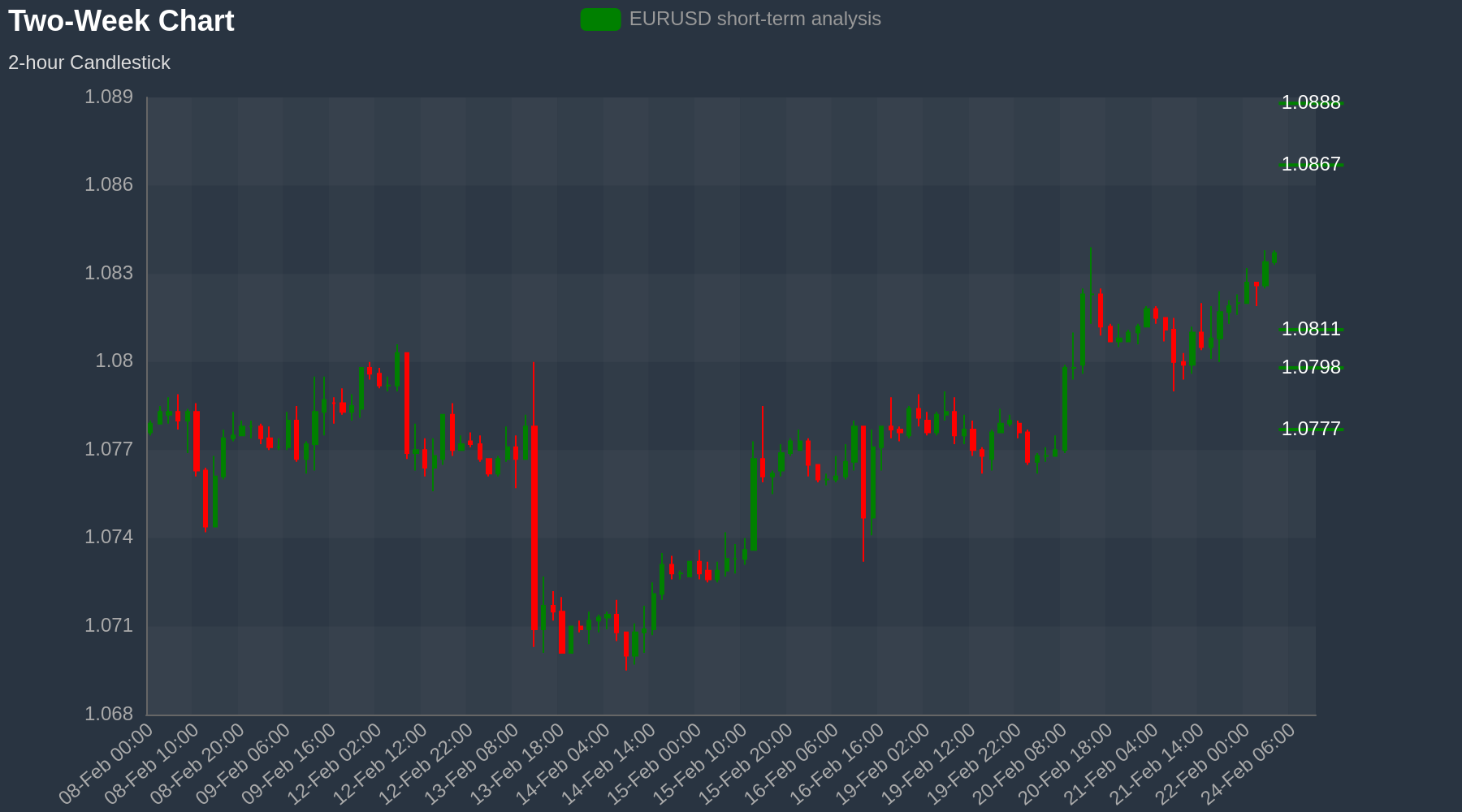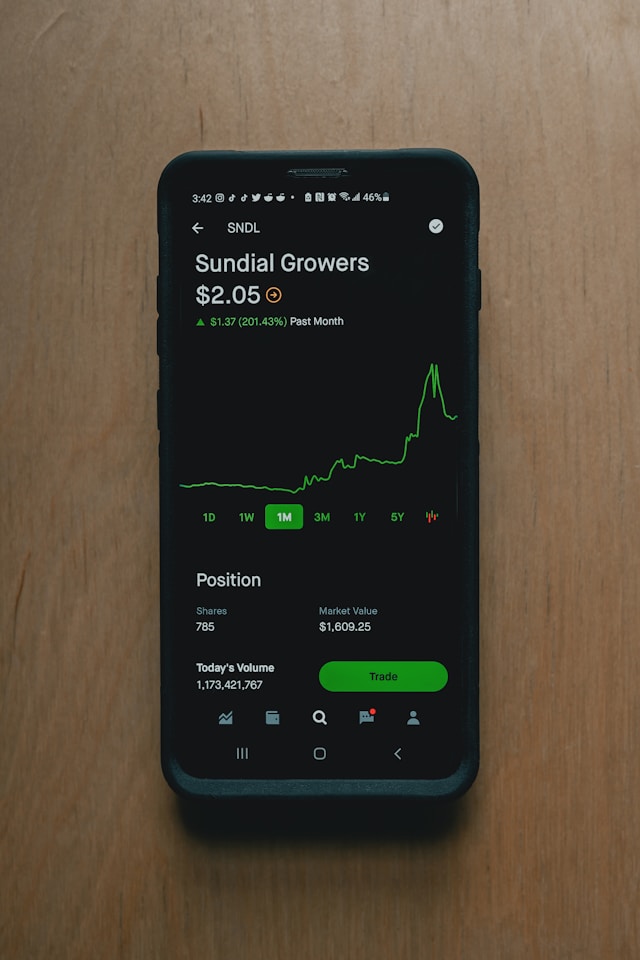
Euro Regains Ground Amidst Mixed PMI Data
London: 22 February 2024 (TraderMade): Global markets witnessed a rollercoaster this week, fueled by crucial PMI releases and conflicting economic signals. The Eurozone PMI painted a mixed picture, with manufacturing declining but services rebounding. Here's a breakdown of the key developments:
Key Takeaways
- Global markets remain sensitive to economic data and central bank policy signals.
- The mixed Eurozone PMI raises concerns about the region's manufacturing sector.
- Japan's Nikkei rally signifies renewed optimism for the Japanese economy.
- US PMI releases later today will be crucial for further market direction.
Eurozone Manufacturing Slumps, But Services Shine
The Eurozone manufacturing sector continued its contraction in February, with the PMI falling to 46.1 - lower than the expected 47.0. This scenario suggests ongoing challenges for manufacturers, potentially facing supply chain disruptions, rising costs, and weakening demand.
However, there's a glimmer of hope. The services PMI rebounded to 50.0, indicating expansion in this crucial sector. This resilience points to continued activity in tourism, hospitality, and consumer spending, offsetting the manufacturing slowdown.
Euro Holds Its Ground
Despite the mixed PMI data, the Euro (EUR) managed to hold its gains against the Dollar (USD), currently trading at 1.08576.
Euro Finds Footing After Brief Dip, Eyes Higher Ground?
Over the past two weeks, the EURUSD pair has carved out a modest upward trajectory, clawing back from a mid-February stumble. Let's dive into the details:
- 14 February: The Euro opened the period at 1.07279 against the Dollar, reflecting a period of relative stability.
- 16 February: A slight uptick saw the Euro close at 1.07765, suggesting cautious optimism amidst mixed global economic signals.
- 20 February: The Euro gained further ground, closing at 1.08081. This trend may be due to positive Eurozone PMI data and a weaker Dollar.
- 22 February: As of today's writing, the Euro continues its ascent, reaching a high of 1.08885 and currently hovering around 1.08472. This uptrend defies expectations of a potential decline due to mixed Eurozone PMIs.

Summary of the Trajectory
- The Euro has gained around 1.2% against the Dollar in the past two weeks.
- Positive Eurozone services PMI and a weaker Dollar support the Euro's rise.
- However, mixed manufacturing PMI and broader economic uncertainties create headwinds.
Looking Ahead
- Upcoming US PMI data could significantly impact the EURUSD trajectory.
- Continued monitoring of global economic developments and central bank policies is crucial.
The Euro's recent performance suggests some underlying strength, but its future remains uncertain. Whether it can sustain this momentum depends on global economic data, central bank pronouncements, and risk sentiment. Stay tuned for further updates!
Various Driving Factors
- The Dollar's weakness in PMI influences significant economies.
- Market participants and experts anticipate that the European Central Bank (ECB) might maintain its hawkish stance on interest rates, supporting the Euro.
- The Eurozone services sector's positive performance counterbalances the manufacturing woes.
Uncertain Path Ahead
- While the Euro has shown some resilience, the future remains uncertain. - Monitoring economic data, PMI releases, and central bank policies will be crucial to understanding the Euro's long-term trajectory.
- The upcoming US PMI data could significantly impact the Euro-USD pairing, depending on whether it confirms or contradicts expectations of moderate economic expansion in the US.
In summary
The Eurozone PMI paints a mixed picture, with concerns about the manufacturing sector but encouraging signs from services. The Euro's gains suggest some underlying strength, but its future path depends on various factors, including global economic developments and central bank policies.



